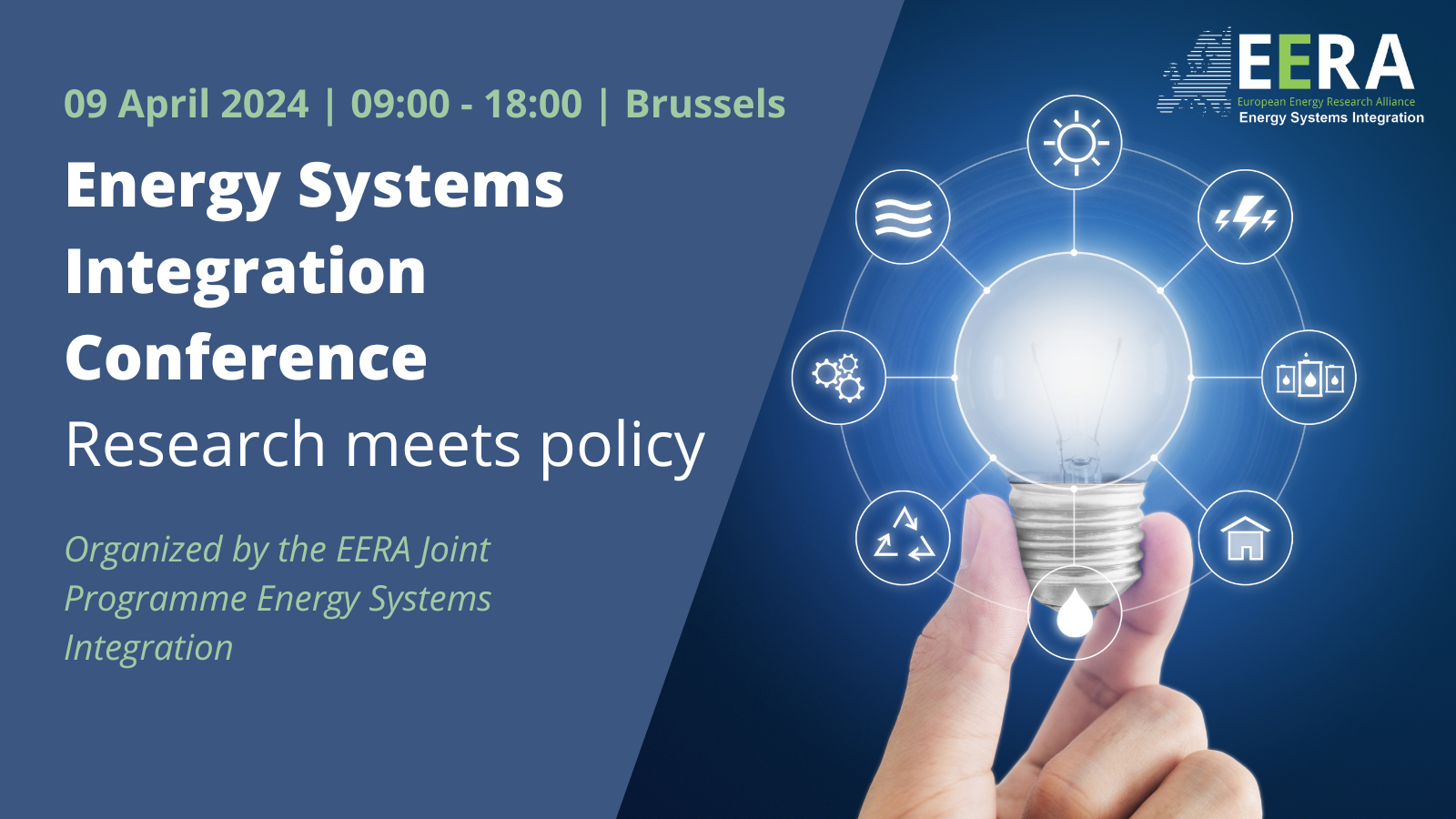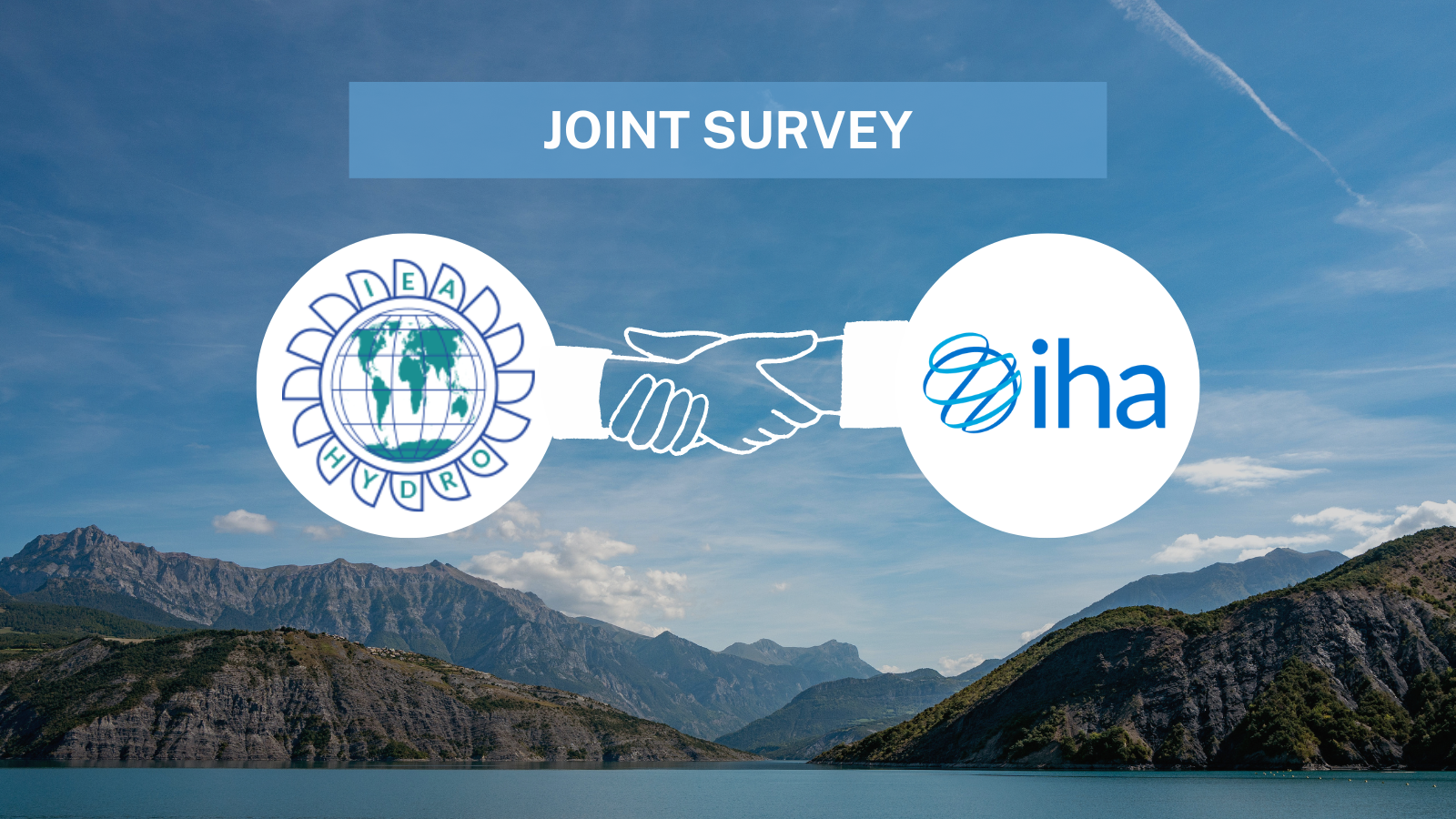UNIFYING THE VOICES OF HYDROPOWER
EERA is celebrating the 2nd ESI CONFERENCE
Join the European Energy Research Alliance (EERA) at the 2nd 'Research Meets Policy Conference' on April 9th in Brussels!
This exciting event will focus on the latest advancements in wind energy and the societal implications of the energy transition, focusing on the rapid development of wind energy in the North Sea and exploring the interplay between technological advancements and the societal impacts of the energy transition.
Event Details:
Date: April 9, 2024.
Time: 9:00 AM - 6:00 PM.
Location: Comet Louise, Place Stéphanie 20, 1050 Brussels.
For registering, click here.
Don't miss this opportunity to learn from leading experts and networking!

RECOMMENDATIONS TOWARDS THE DEPLOYMENT OF HYDROPOWER FLEXIBILITY TECHNOLOGIESIn a stride towards enhancing the efficiency and sustainability of hydropower systems, a consortium led by members of the International Hydropower Association (IHA) has finalized a pivotal publication titled “Recommendations Towards the Deployment of Hydropower Flexibility Technologies” as part of the XFLEX HYDRO project. The XFLEX HYDRO project is also an European Union Horizon 2020 research and innovation project with the objective to show hydropower’s technical and strategic role in demonstrating how renewable-based generation can be achieved in a secure and reliable manner. Thanks to this project, the sector has gained a better understanding of the flexibility that the existing EU hydropower fleet can provide to the electrical system, and demonstrated how, using a set of innovative technologies, this flexibility potential can be optimised and enhanced. The project puts hydropower at the forefront of innovation, strengthening the industry’s know-how, improving its technology export potential, and facilitating job creation. This document is designed to speak to a wide range of stakeholders and its content is laid out in a manner so that the relevant information is clear, accessible, and actionable by the reader. The technical part of this report provides the key takeaways from the project and enables plant owners and energy experts to identify opportunities to introduce some of the findings in their plants. For instance, this are the seven key recommendations that emerged:
Download the full report here. Also, a more concise article developing the 7 policy recommendations is available.
|
Participate in the IEA Hydro & IHA Joint Project Survey!Dear hydropower operators, We are excited to invite you to participate in the joint survey conducted by the IEA Hydro & IHA joint project. This survey focuses on the operation of hydropower and its crucial role in water resource management. Your expertise is highly valued, and we are eager to hear your insights for helping shape future sustainable water management practices. Thank you in advance for your participation. Here are the survey links: For background information on the project, you can check the Annex XVIII - Decision Support for Comprehensive Utilization of Basin Water Resources - IEA Hydropower. The deadline is 30 April. Should you have any questions, please reach out to the project leads, whose information can be found at the bottom of the survey.
|
WEBINAR: The future of renewable energy storage in the seas (ALPHEUS project)Thursday, March 14th, 2024, 2pm (CET).
|


